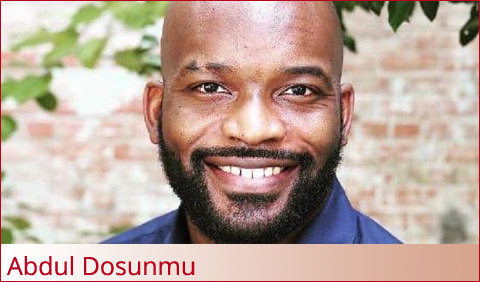 |
 |
|
August 30, 2022 Racial Justice as Part of Climate Action Justice is not limited, it is a universal quality. Its operation must be carried out in all classes, from the highest to the lowest. Justice must be sacred, and the rights of all the people must be considered. Desire for others only that which you desire for yourselves. Then shall we rejoice in the Sun of Justice, which shines from the Horizon of God. — ‘Abdu’l-Bahá, Paris Talks 
Most Canadians would agree that all people should have equal access to healthy and sustainable living conditions. However, Indigenous persons and people of colour are much more likely to live in neighbourhoods and communities with polluted air and contaminated water or soil. The Bahá’i World Centre encourages us to work hand in hand with people of all faiths who are working towards the progress of humanity to help mitigate human suffering and bring about a spiritually united humanity. The Ottawa Cluster Environment Group recently hosted an online presentation by a young African American public policy advocate, Abdul Dosunmu, who has researched this phenomenon and leads an organization to help remedy it. Dosunmu grew up in Dallas, Texas where a largely Black and Hispanic community housing complex was constructed on land adjacent to a lead smelter. Toxic effluent from the smelter was shown to affect the IQ of children and cause excruciating pain in the limbs of adults. Community organizers fought successfully to get the smelter shut down and to get compensation for the families in the complex. Dosunmu said this action by disadvantaged and racialized organizers
inspired him to work for environmental justice. In his presentation he
showed that communities of colour are more likely to be exposed to the
effects of both climate change and environmental degradation. Dosunmu
said Indigenous and African American communities are more likely to
suffer the effects of particulate matter pollution from industry and
pollution from pipelines, drilling sites and oil and gas
infrastructure. He also gave several examples of Black, Indigenous and
People of Color (BIPOC)-led organizations winning campaigns for
environmental justice in their communities.
After earning a law degree, Dosunmu now leads a campaign that challenges large American philanthropic donors that give donations to environmental organizations to be more transparent about who they give money to and to fund more environmental organizations led by people of colour. In the United States less than 2% of climate dollars now go to BIPOC-led environmental justice groups. Dosunmu says he is trying to move “the centre of gravity in climate philanthropy toward racial justice” and has asked foundations like Kresge, Pisces and Rockefeller Brothers to allocate 30% of their environmental funding to BIPOC-led groups. In just one year, Climate Funders Justice Pledge has convinced major U.S. donors to redirect $100 million towards BIPOC-led organizations. In a wide-ranging discussion after his presentation, participants of Environmental Café 613 reflected that justice and equity are pillars of all world religions and central to Bahá’í teachings. One participant pointed to the need for a transformation of hearts to see the spiritual responsibility for environmental justice beyond philanthropic foundations’ financial support. Dosunmu’s presentation shows that addressing humanity’s environmental challenges can move us towards achieving justice and that the pursuit of justice is essential to addressing environmental issues. We learned that when those most affected by climate change are properly represented in the choices and funding of environmental issues, we accelerate our collective momentum towards achieving both social justice and environmental sustainability. In addition to the profoundly important message regarding the intersection of justice and addressing climate change, this Environmental Café 613 represents the intersection of thoughts and ideas from many faiths and beliefs. |
|
|